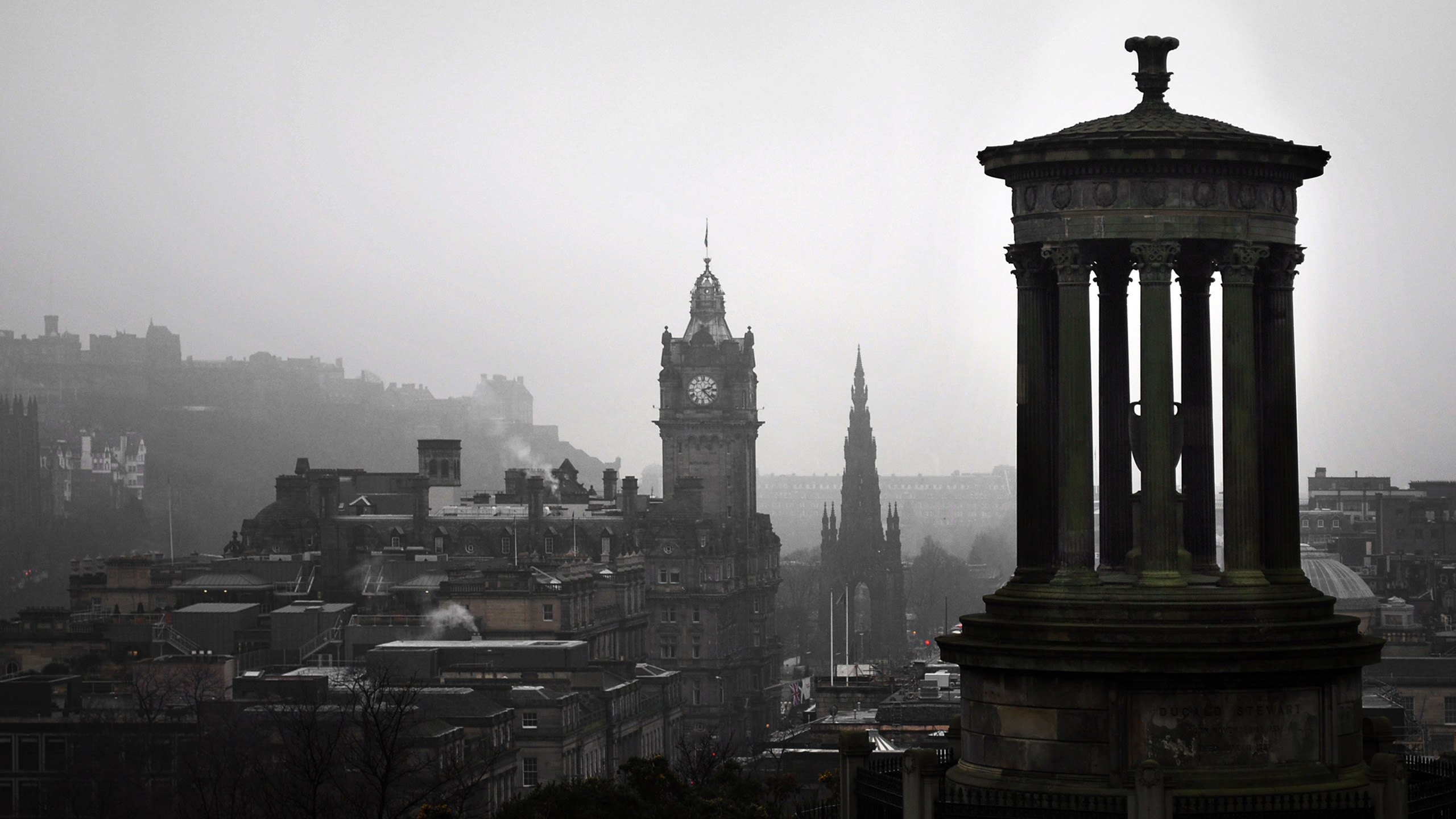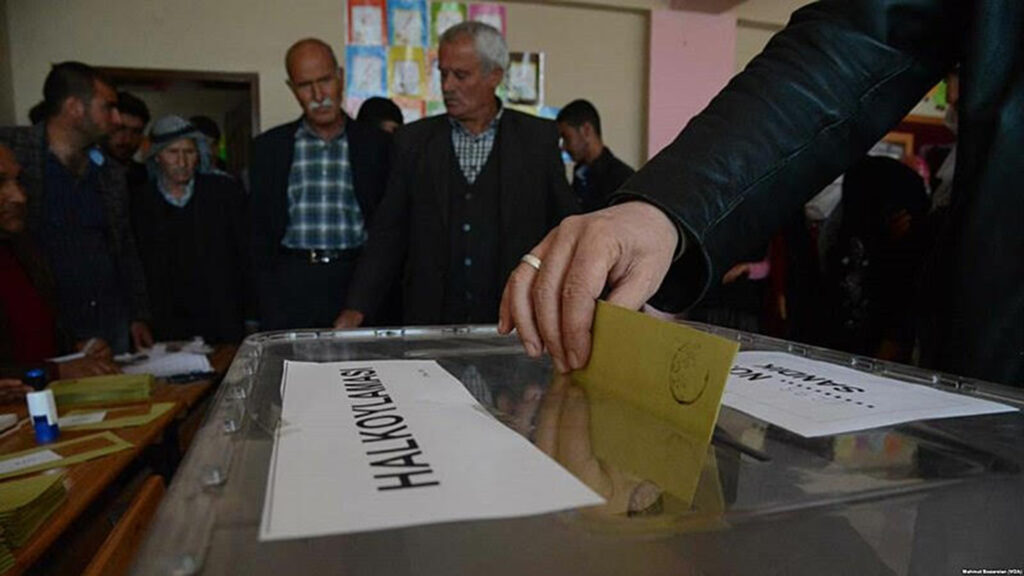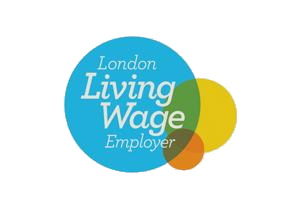The UK Supreme Court has reached the unanimous decision that Scotland cannot legally hold an independence referendum without Westminster’s consent.
The Scottish Parliament recently drafted a Bill to allow for the passage of an independence referendum in Scotland. Unfortunately for the SNP Government, the Scotland Act (1998) prevents the Scottish Parliament from legislating on matters that are ‘reserved’ to Westminster, such as British constitutional arrangements. Consequently, the UK Government argued that the Bill was outside the remit of Scotland’s legislative powers; the Lord Advocate, Dorothy Bain, contended on behalf of the Scottish Government that as the draft Bill is not legally binding, it does not relate to a ‘reserved’ matter. The judges, unanimously, did not agree.
Under the guidance of Lord Reed, the Supreme Court took a pragmatic approach, recognising that the view of the electorate is a formidable force within a democracy and any results would have ‘significant practical importance’ (Paragraph 80 of the Supreme Court judgment). Any presumption that the referendum would be treated as a mere survey or opinion poll is wholly unrealistic.
Where does Sturgeon turn?
What does this mean for Nicola Sturgeon’s goal to transform Scotland into an independent nation? In the first minister’s eyes, the Supreme Court has locked the door on the Scottish people deciding on their future within a ‘not-so-voluntary union. As Stewart Hosie, SNP MP for Dundee East lamented, ‘the notion that we were fed in 2014 that this is a partnership of equals is now dead in the water’.
More dramatically, the first minister aligns Scotland with an invaded or oppressed nation, as she harnessed the international precedent that legislation should be interpreted to be compatible with a nation’s right to self-determination. The Supreme Court pointed out that, following ‘Reference Re Secession of Quebec’ in 1998, this argument only applies to situations involving oppressed nations, such as colonies. Despite this legal nuance, Scottish independence voters will certainly feel that their right to self-determination has been severely dented by Lord Reed and his fellow judges. They would not be wrong in some respects. The Supreme Court recognised that the advisory referendum would, in political reality, have democratic legitimacy and yet this was precisely the reason that the Scottish government is barred from holding an election.
This leaves democracy within the union at an uncomfortable paradoxical juncture.
Managing the mandate
Nicola Sturgeon has insisted that the Supreme Court judgment is in fact a victory for the SNP. According to the determined first minister, the next general election will be treated as a ‘de facto’ independence referendum. But what does this mean, exactly? Would an SNP majority provide a mandate to start serious negotiations with Westminster? Or would Westminster continue to dig in its heels, increasing the potential for unrest? We only need to look to the Troubles in Northern Ireland to remind ourselves of how the generally stable and centrally-powered British Government can be discomposed by devolution issues.
Furthermore, by taking the ‘de facto’ approach, Sturgeon will likely have no choice but to step down if her party does not obtain a majority. However, it is unlikely that this would happen. The Scottish independence referendum in 2014 was won with 55.3% of voters choosing to remain in the UK, yet times have changed. Scottish voters explicitly rejected Brexit in 2016. With Labour taking a ‘make Brexit work’ stance, its ability to obtain Scottish votes is likely to be compromised, leaving the door wide open to the SNP and its distinctly pro-EU policy agenda. It could be argued that a less centralised government, something that Keir Starmer is proposing, will persuade the Scottish electorate to vote Labour; however, will this be enough to tip the scales towards a victory for Labour?
Many people are struggling with the cost of living crisis and don’t perceive constitutional rearrangement in Westminster to be a priority. In fact, a recent poll has projected the appetite for Scottish independence to be at fifty-six points. Finally, with independence, Scotland may be able to follow Northern Ireland’s pursuit of remaining within the UK whilst having access to the European single market. There is now more Scottish appetite to cue ties with the British Union than there ever was before.
Whilst some may argue that the first minister is walking a dangerous path, it is understandable that the Scottish people will be feeling disillusioned by their current ties with Westminster. Perhaps Prime Minister Rishi Sunak would be better off negotiating with Sturgeon about what powers the Scottish Government lacks and what he can do to bring some compromise to this fractious situation, such as wider Scottish discretion over certain corporate and sales taxes.
Regardless, it seems Sturgeon is content to plough forward as shown by her announcement that the SNP will hold a special conference on independence in 2023. The event is billed as an opportunity to set out a “clear pathway” on Scotland’s constitutional future. She cited the five most recent polls on independence, all of which have recorded majority support for ‘Yes’ once undecided voters are removed. Whilst the Conservatives and Labour accuse the SNP of “scrambling for relevance” and embarking on a “needless diversion”, these actions must be treated with serious consideration. A base is easily fired up when they think the establishment is trying to scupper its aims – the Supreme Court decision may have been the tipping point for the Union.










